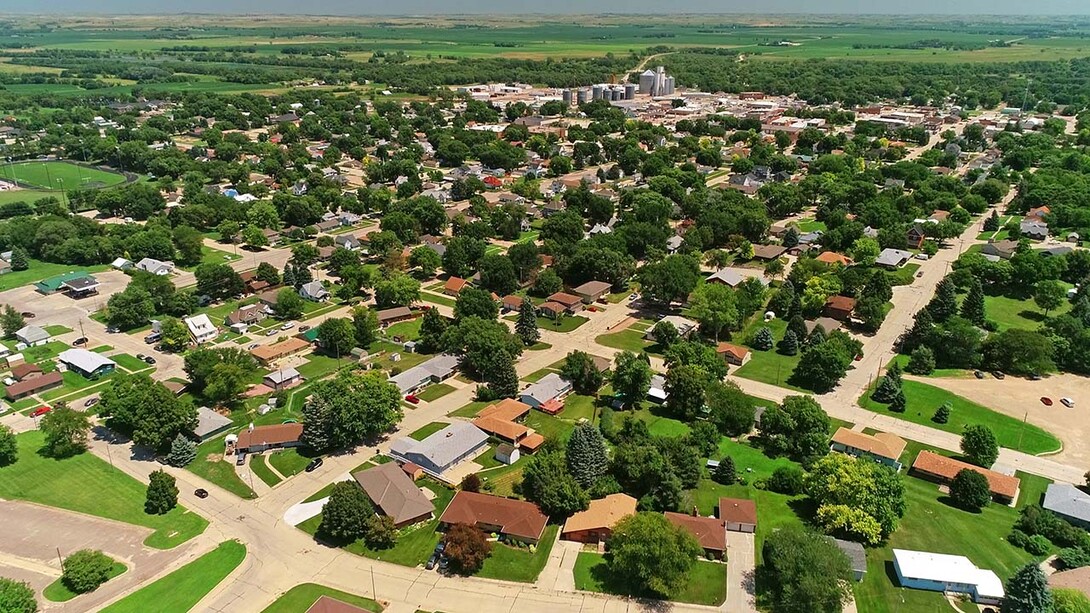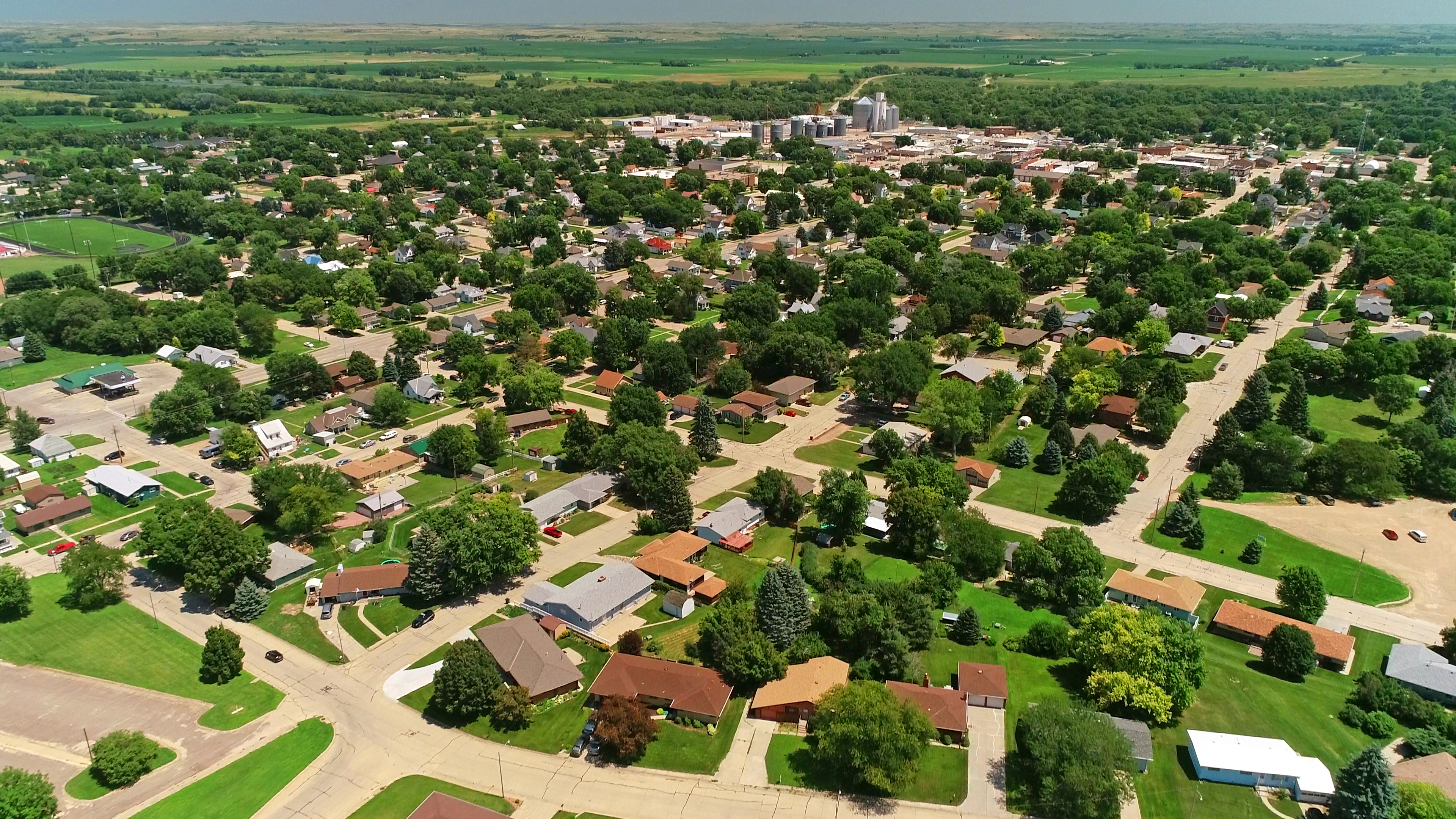
This spring, the Nebraska Rural Poll will arrive in mailboxes of residents living all across the state, just has it has each year since 1996.
Historically, the poll — administered by the University of Nebraska–Lincoln — has been delivered to 7,000 households in the state’s rural areas. This year, for the first time, an additional 7,000 households in the state’s metropolitan areas will receive the same survey.
The Nebraska Business Development Center at the University of Nebraska at Omaha provided the necessary funding to expand the survey to the counties in the Omaha and Lincoln metropolitan areas.
“While the Nebraska Rural Poll has provided important information about rural citizens — a population that has typically been overlooked — we knew it was essential to gauge opinions from all residents of the state this year,” said Becky Vogt, Rural Poll manager. “Having data from both the metropolitan and nonmetropolitan counties will allow us to better understand what, if any, differences exist between urban and rural Nebraskans regarding perceptions, opportunities, services and more.”
Now in its 26th year, the Rural Poll has given rural Nebraskans an opportunity to voice their opinions on wide-ranging and important topics including agricultural policy, energy, climate change, crime, education, health care, housing, immigration, taxes, community development strategies and technology. In addition, questions about personal and community well-being and satisfaction are asked every year. These core questions give city and state leaders, economic developers and others who use this poll data the ability to measure changes over time in rural Nebraskans’ sense of well-being and satisfaction with their communities.
This year, the poll will also ask respondents about how the COVID-19 pandemic impacted them. Other questions will gauge levels of trust in various media and other institutions.
“This is a critical year to expand the survey statewide so that those impacts can be measured in both urban and rural areas of the state,” said Steve Schulz, associate professor of supply chain management at UNO. “Given the historic pandemic, it will be important to see how households across the state are coping and if various regions of the state have felt the COVID-19 pandemic differently.”
The poll will ask respondents how various aspects of their life were disrupted by the pandemic, whether they experienced changes in their employment or income, and whether internet services limited their ability to work from home or their children’s ability to participate in online learning.
The 2021 poll will also ask Nebraskans about their optimism for the future. The 2020 Rural Poll revealed a majority of rural Nebraskans to be optimistic that their quality of life would continue to improve over time, even as many faced low commodity prices, lingering impacts from widespread severe weather events in 2019, and the early stages of the pandemic.
Each year, findings from the Rural Poll are distributed in a series of reports that can be found here — organized by survey year and topic. This data is used widely by economic development groups; local, state and federal lawmakers; and nonprofits, among others. Findings from the poll are also regularly highlighted in local and state media.
The Department of Agricultural Economics conducts the poll with funding from Rural Prosperity Nebraska and the Institute of Agriculture and Natural Resources.








